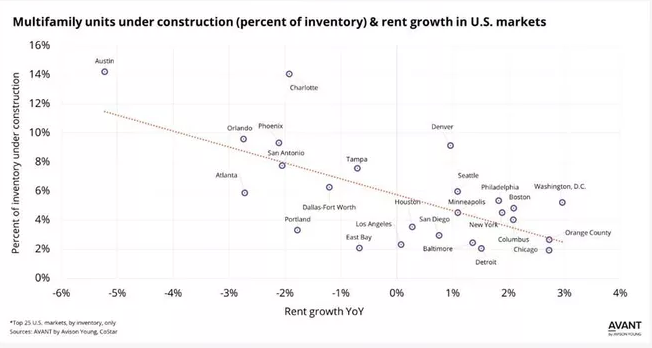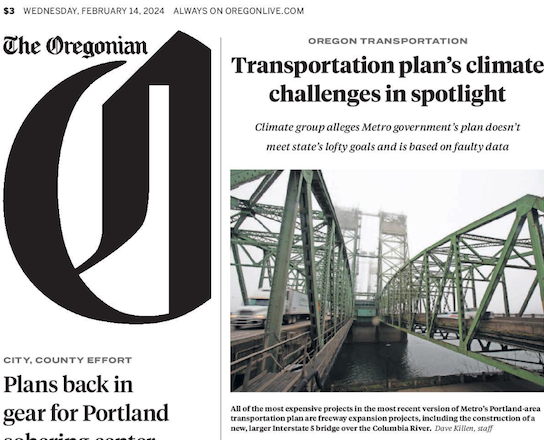Must Read
The freeway cap mirage. Don’t like freeways? Let’s just cover up the problem. It’s increasingly popular to try to repair the damage done to urban neighborhoods by “capping” freeways: building a cover so that the road is less visible. While that’s widely seen as an improvement, some are pushing back that its really a band-aid on a gaping wound that actually doesn’t solve the problem. Writing at Bloomberg Cities, Benjamin Schneider describes growing opposition to a proposed freeway cover over the Kensington Parkway in Buffalo. Local activists are suing to stop the project, which papers over the problem, but doesn’t solve it:
But instead of embracing the plan to heal the neighborhood, Ladiana and her husband Terrence Robinson sued the New York State Department of Transportation in an effort to stop it. Transforming the open freeway trench adjacent to their home into green space won’t solve their neighborhood’s problems, the pair say. In fact, it could just make some of them worse.
“They’re not following all of the climate change laws,” says Ladiana. “They’re doing nothing to reduce air pollution. What they’re doing is just pushing all of the pollution out of each side.”
The project has won a $55 million grant from the Biden Administration’s Reconnecting Communities program, but that covers only a tiny fraction of the project’s billion dollar cost. There are real questions as to whether spending that vast sum on covering a less than a mile of freeway is good investment.
Federal government to stop funding big highway projects . . . in Canada. The Federal Environment Minister Stephen Guilbeault announced that the federal government stop funding large new road projects. According to the CBC:
Guilbeault said Monday the federal government will be there to support provinces paying for maintenance but Ottawa has decided that existing road infrastructure “is perfectly adequate to respond to the needs we have. There will be no more envelopes from the federal government to enlarge the road network,” Guilbeault said, according to quotes published in the Montreal Gazette. “We can very well achieve our goals of economic, social and human development without more enlargement of the road network.”
The CBC reported that the announcement was greeted with some pushback from pro-highway groups, prompting the Minister to clarify that the ban doesn’t apply to all road projects, just large ones. Canada’s shift follows a similar declaration last year by the government of Wales.
Surging apartment completions are driving down rents. We’re getting an object lesson in supply, demand and prices in the housing markets of many metropolitan areas: many new apartments are being completed, and the surge in supply is driving down rents. While this is a good thing for renters, the picture looks different to landlords, and the business press characterizes the decline in rents as “an onslaught of distress.” Business Insight reports:
Pricing power across apartment markets in Texas has slipped just as thousands of new units are coming online, sparking concerns that conditions are ripe for an onslaught of distress.
“Pricing power” in this case means the ability of landlords to raise rents. A study from real estate firm Avison Young looks at 25 large markets across the US and finds that rent growth is weakest in those markets where supply growth has been the strongest. In Austin, where the number of aparments under construction is highest, rents are down the most.
The strong correlation between higher construction and lower rents is an encouraging sign that we can do a lot to improve housing affordability by building more housing.
In the News
A climate challenge to Portland’s Regional Transportation Plan: The Portland Oregonian highlighted a legal challenge by No More Freeways against the regional transportation plan adopted by Portland’s Metro regional government. The plan, which allocates billions of dollars for freeway expansion projects, violates state rules requiring Metro to plan for a 35 percent reduction in per capita driving over the next two decades.
Bike Portland quotes City Observatory’s analysis of the flaws in the arcane highway cost allocation formula. As the state has cut back on maintenance and spent more on highway widening, its created an apparently illegal imbalance in the costs allocated to cars and trucks.


